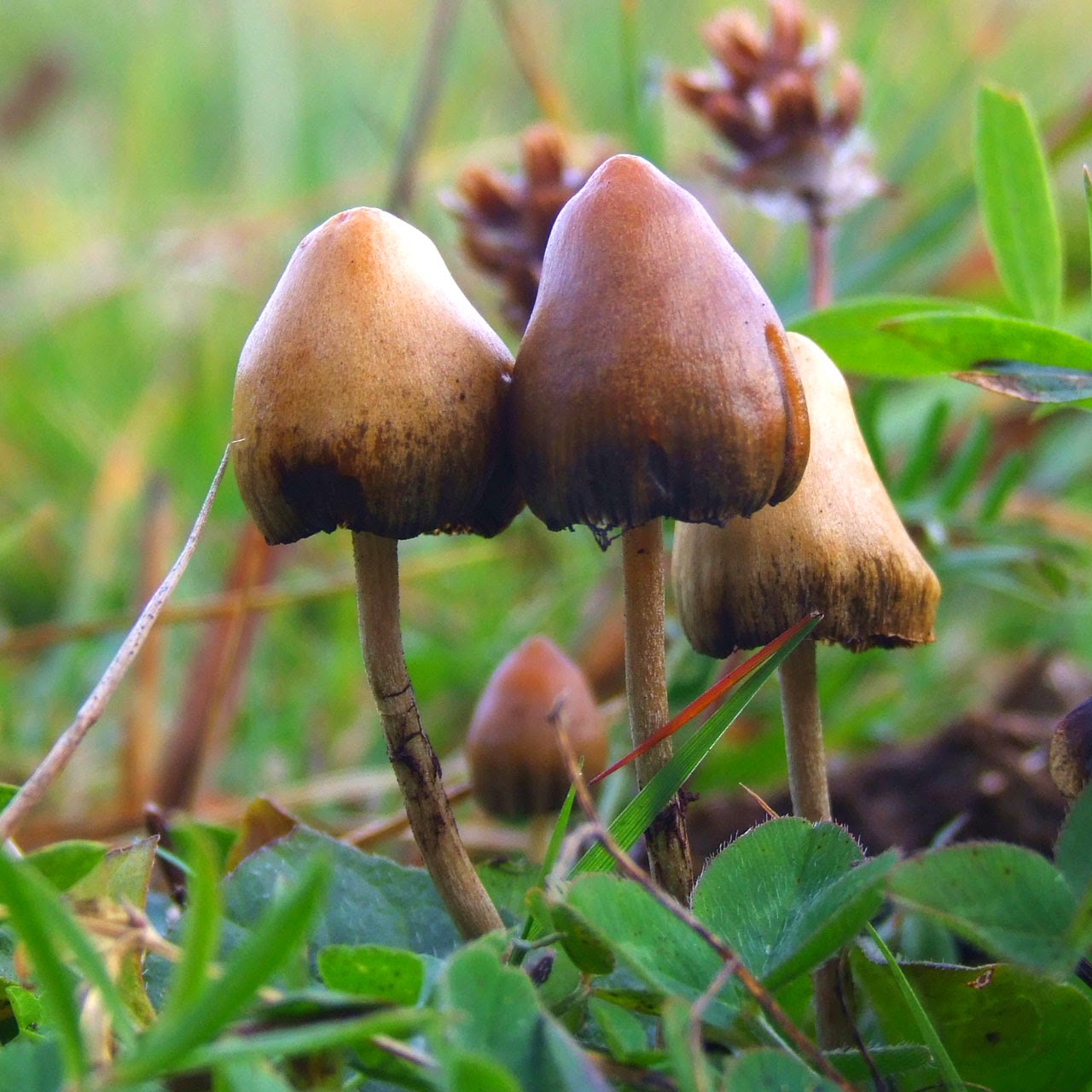| Online: | |
| Visits: | |
| Stories: |

| Story Views | |
| Now: | |
| Last Hour: | |
| Last 24 Hours: | |
| Total: | |
Johns Hopkins: ‘Magic Mushrooms’ Help Longtime Addicts Quit Smoking
 |
| Psilocybin mushrooms |
Johns Hopkins researchers report that a small number of longtime smokers who had failed many attempts to drop the habit did so after a carefully controlled and monitored use of psilocybin, the active hallucinogenic agent in so-called “magic mushrooms,” in the context of a cognitive behavioral therapy treatment program.
The abstinence rate for study participants was 80 percent after six months, substantially higher than typical success rates in smoking cessation trials, says Matthew W. Johnson, Ph.D., an associate professor of psychiatry and behavioral sciences at the Johns Hopkins University School of Medicine and the corresponding author on the study.
Approximately 35 percent experience six-month success rates when taking varenicline, which is widely considered to be the most effective smoking cessation drug. Other treatments, including nicotine replacement and behavioral therapies, have success rates that are typically less than 30 percent, Johnson adds.
But the researchers, in a report on the study, published online on Sept. 11 in the Journal of Psychopharmacology, strongly caution that their study results are not an endorsement of do-it-yourself psychedelic drug use for smoking cessation, but instead are specific to the controlled administration of the drug in the context of a treatment program involving cognitive behavioral therapy.
“Quitting smoking isn’t a simple biological reaction to psilocybin, as with other medications that directly affect nicotine receptors,” Johnson says. “When administered after careful preparation and in a therapeutic context, psilocybin can lead to deep reflection about one’s life and spark motivation to change.”
Source: http://truthisscary.com/2014/09/johns-hopkins-magic-mushrooms-help-longtime-addicts-quit-smoking/



